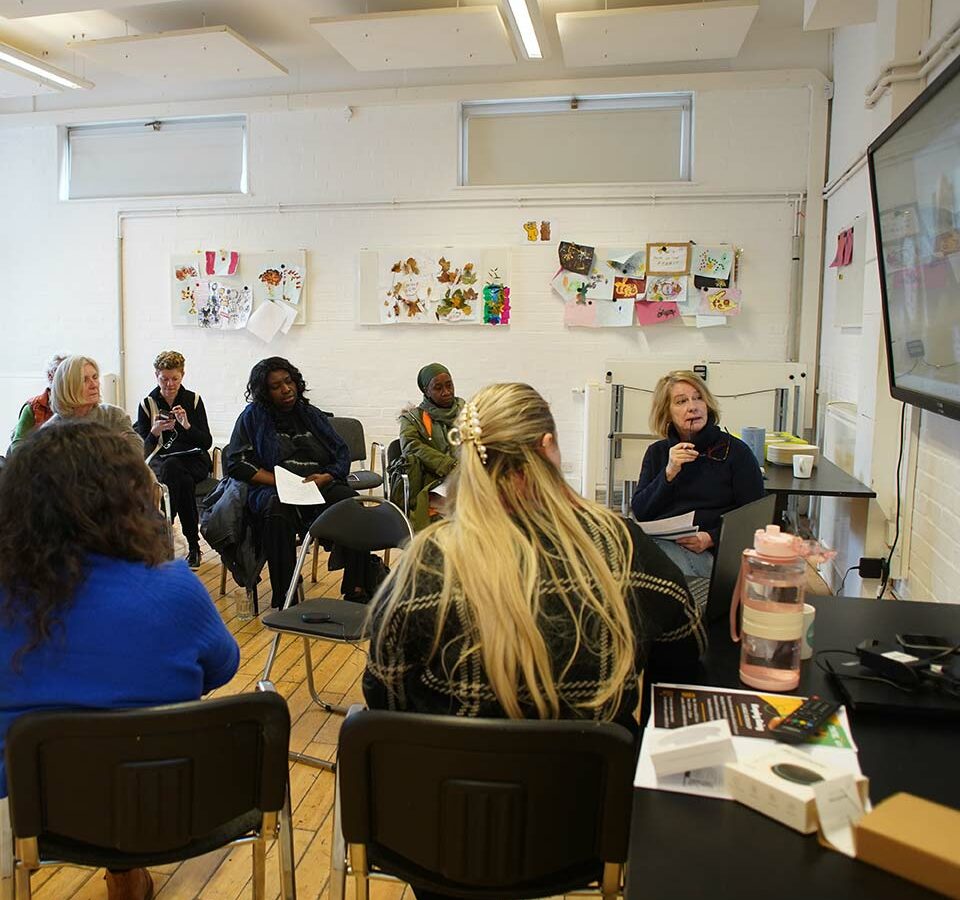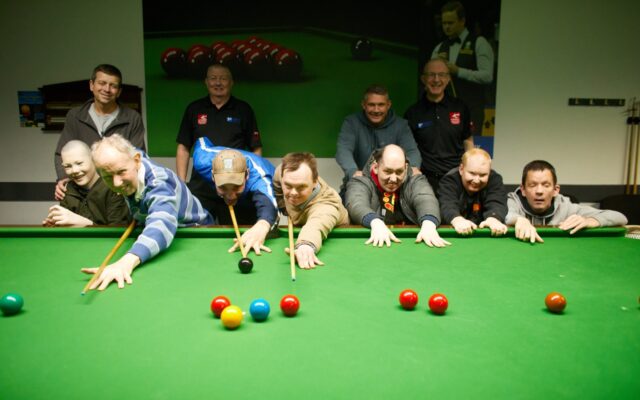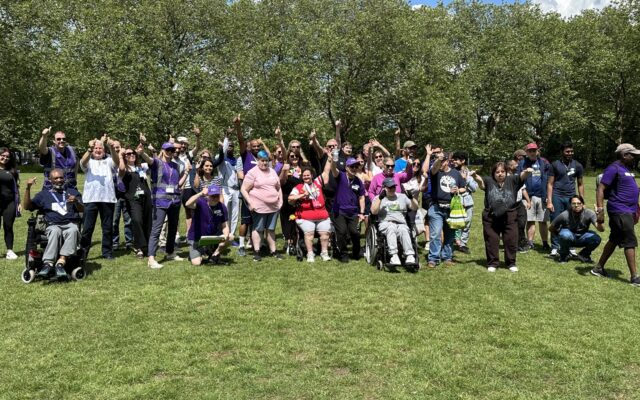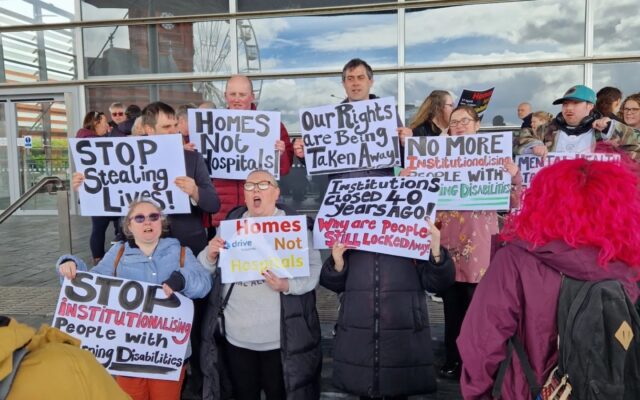The relationship between family-led groups and self-advocacy organisations is not always a happy one.
While self-advocates can feel that family members dominate the agenda, some parents fear self-advocates will leave their learning-disabled relatives ignored or misrepresented.
For example, it is argued that people with profound and multiple learning disabilities in particular will always need others to advocate on their behalf. I relate to this; my son Danny has very complex needs.
However, I also fear that if we perpetuate a sense of mistrust between self-advocates and family members, it makes us vulnerable to attempts to divide and rule, which will undermine our collective interests.
This certainly seemed to be the case in Islington. In 2018, a vocal group of residents claimed that a proposed housing development, supported by self-advocates, was not designed in the best interests of learning disabled people and that the parents of people with these disabilities were wrong to support it.
The group arguing against the scheme publicised this view in a series of letters in the local press (the project was to be adjacent to the main objectors’ homes – a fact omitted from their letters).
The attempt to drive a wedge between families and people with learning disabilities failed.
Why? Because we all wanted and campaigned for the same thing – more bespoke supported housing in Islington, at a time when far too many people had no choice but to live outside the borough, away from the community where they belonged.
We were united in preparing a petition, briefing the local press and attending the planning committee meeting at which permission for the building was finally granted.
The reason we could spring into action so quickly was that we already had a 20-year history of working alongside one another through the borough’s Learning Disability Partnership Board.
The board is co-chaired by members of the Power and Control Group. This group, supported by the Elfrida Society, involves people with learning disabilities who represent the interests of their peers in the borough.
Parents and siblings, meanwhile, have a separate but equivalent group, the Family Carers Action Group (supported by the Centre 404 charity). We have a core group of 10, with others attending depending on the meeting topic.
This year, two members of the Power and Control Group have started to attend the main quarterly meetings of our family carers’ group as carers in their own right.
Having recently become chair of the family group, I can say that this joined-up local work is personally rewarding thanks to the people I am meeting and working alongside.
It feels more impactful and far less isolating than my involvement as a parent representative in national groups back in the early 2000s. It has also reinforced my belief that self-advocacy and family advocacy can be successfully joined up.
Same concerns
So far, we have all raised similar questions with the council officers invited to talk to us about a range of topics from housing to community activities and respite provision. We share the same concerns about the constraints on local authority spending and the problems in recruiting enough support workers.
We are also developing joint working in new areas, and recently worked together on an accessibility check at a GP practice.
I learned a lot by visiting with Nikki Carter from the Power and Control Group, who said: “It was good to do the visit with you and understand your perspective as a parent.”
For me, visiting with Carter meant that the exercise was authentic rather than tokenistic, as well as more informative.
I have no illusions about the challenges we face. Nonetheless, at a time of cuts and local authority restructuring, our combined groups will still be here after council officers or councillors have changed.
In the aftermath of the pandemic and the social care crisis, we need to be united now more than ever.
Virginia Bovell is chair of the Family Carers Action Group





